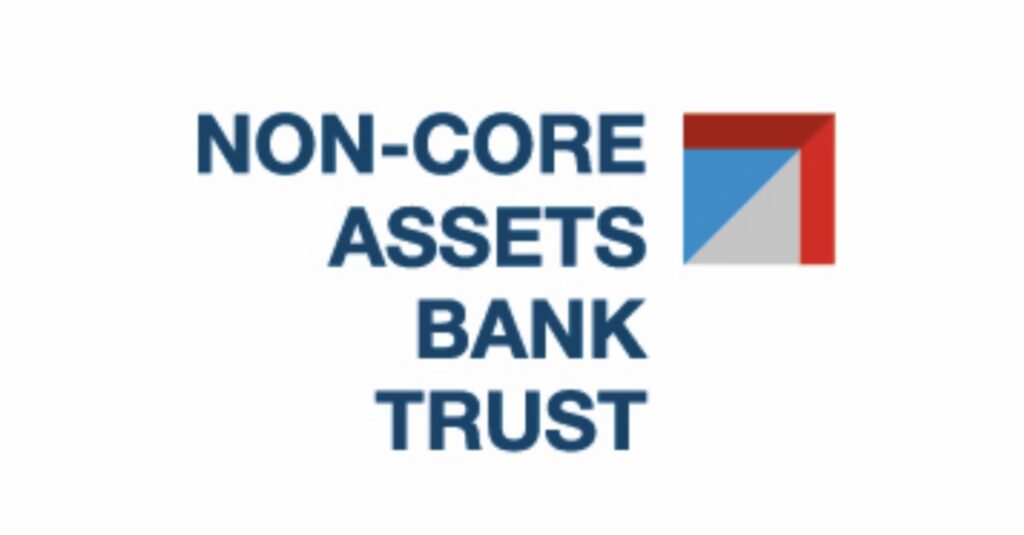Bank Trust sues Cargill and Louis Dreyfus for fraud scheme worth over $1bln

PJSC National-Bank Trust (“Bank Trust”) has filed a lawsuit in a British Virgin Islands court against major international traders and offshore companies linked to Mr. Mikhail Shishkhanov, the former owner of large private banks PJSC B&N Bank (“Binbank”) and JSC Rost Bank (“Rost Bank”), whose actions, according to Bank Trust, caused it financial damage amounting to over $1 billion.
Between 2013 and 2017, as Bank Trust claims, Mr. Shishkhanov conspired with traders from international agricultural and commodity trading companies, such as Cargill, Louis Dreyfus, Bunge, Quadra, Xangbo and Liberty Commodities, to conceal transfers from Binbank that were intended to dissipate funds in violation of financial regulations.
According to the claim, Binbank provided funds to the international traders in the form of trade finance. These traders subsequently redirected the funds in shadow transactions to offshore companies connected to Mr. Shishkhanov. The traders then paid back the money they owed to Binbank under their trade finance agreements (usually within 6-12 months) using funds the bank gave them through separate loans to Rost Bank which were moved to traders via a series of another shadow transactions with various other companies. The money given through Rost Bank were never returned to Rost Bank itself.
According to Bank Trust, the international traders were aware of the fraudulent nature of the transactions and wilfully participated in the illegal schemes, while assuming no financial risks and receiving commissions. The traders also appear to have deliberately concealed the true motives behind their transactions under the guise of buying and selling commodities, such as grain or crude rubber. In fact, according to the claim, no actual shipping of goods took place.
The trade finance transactions between Binbank and the traders appeared to be properly settled in Binbank’s records, and the actual asset dissipation that happened through those transactions was not detectable from Binbank’s accounts. At the same time, Rost Bank gradually increased the amount of its indebtedness to Binbank but did not receive any repayments from the offshore companies to which it transferred the funds. As a result, this scheme allowed Binbank to manipulate its financial statements by displaying in its records the high credit ratings of its nominal counterparties (well-known reliable traders) instead of the credit ratings of its actual counterparties (offshore shell companies).
In September 2017, Binbank and Rost Bank were placed under temporary administration by the Central Bank of the Russian Federation, which had to provide funds to Rost Bank to enable the latter to return money to Binbank. As a result, Rost Bank incurred the main financial damage from the scheme as it had to recognize the losses it incurred from transactions with its relevant counterparties. As the legal successor to Rost Bank under Russian law, Bank Trust has the legal standing to claim damages incurred by Rost Bank.
Commenting on the lawsuit, Bank Trust spokesperson stated: “We are committed to holding the individuals who took part in this scam accountable for their actions. This illegal activity caused significant harm to Bank
Trust’s clients, to ordinary Russians, and we will pursue all legal avenues available to us to seek justice for the creditors. This claim is the result of a large-scale investigation carried out by our international legal teams, and we have extensive, well documented evidence supporting our case.”




